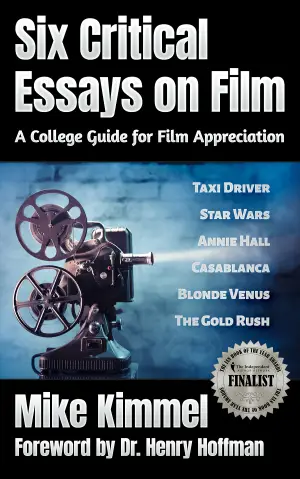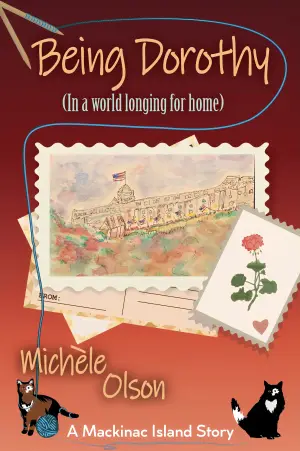Finding Peace in Conflict: A Review of The High-Conflict Couple
As someone who has often found themselves navigating the rocky waters of relationships, The High-Conflict Couple: A Dialectical Behavior Therapy Guide to Finding Peace, Intimacy, and Validation by Alan E. Fruzzetti caught my attention immediately. With its promise to address reactive dynamics in relationships through the lens of Dialectical Behavior Therapy (DBT), I couldn’t help but feel a spark of hope. Would this book hold the keys to understanding the turbulent sides of love we often shy away from?
The book’s central premise is both refreshing and essential: that highly reactive couples don’t just need the typical relationship advice focused on communication or intimacy but need to unravel the core of their destructive emotions first. Fruzzetti’s approach reassures readers that if you’re part of a "high-conflict" couple, it’s not just about fighting less; it’s about understanding those emotional triggers that create havoc in our relationships. This was a powerful revelation for me, as it highlighted that emotional regulation can be a pathway to deeper connection and intimacy.
Fruzzetti adopts a straightforward writing style that feels like a friendly conversation rather than a clinical lecture. The pacing allows for reflection, making it easier to digest complex DBT concepts. The way he breaks down the mechanisms of emotional arousal and offers mindfulness techniques to de-escalate conflicts struck me as particularly insightful. His encouragement to validate partner experiences rather than dismiss them created a feeling of warmth throughout the book—a reminder that we all want to be seen and heard.
Among the engaging exercises, I particularly appreciated the way Fruzzetti frames "chain analysis," where you can dissect arguments and identify triggers in a non-judgmental manner. It’s a technique that I found both practical and almost enlightening, as it encourages openness instead of defensiveness. As one reader eloquently put it, the book provides a “brilliant user-friendly guide for anyone looking to reduce interpersonal conflicts.” I couldn’t agree more.
One quote that resonated deeply with me was, “Validation is not agreement; it’s about recognizing the experience of someone else as valid.” This simple yet profound statement encapsulates the essence of what so many relationships are missing. It doesn’t only apply to romantic partnerships but extends to friendships, family ties, and even professional relationships.
In conclusion, I wholeheartedly recommend The High-Conflict Couple to anyone who finds themselves caught in cycles of conflict, no matter their relationship status. If you’re seeking a roadmap out of the emotional minefield that high conflict can create, this book offers valuable tools and frameworks. Personally, my reading experience felt transformational—an invitation to explore my own emotional landscape with greater compassion. Whether you’re in a troubled relationship or simply want to deepen your connections, Fruzzetti’s guide promises to be a beacon of hope.
So grab a copy, perhaps with your partner by your side, and embark on a journey towards understanding, acceptance, and genuine connection. The road may be challenging, but with this book as your ally, it becomes a much more navigable path. Happy reading!






